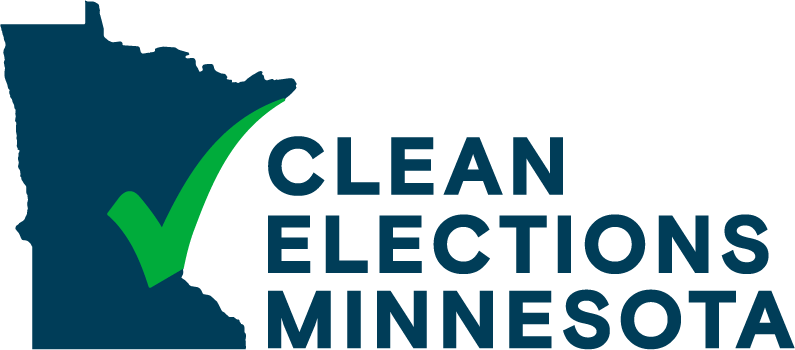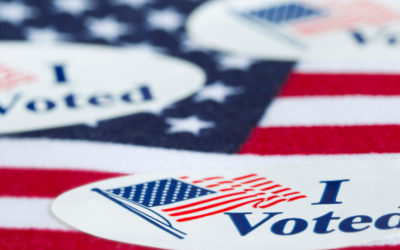According to Open Secrets, 2022 national midterm elections fundraising skyrocketed to $8.9 billion, a new record. The U.S. Supreme Court’s Citizens United ruling made it legal for corporations to contribute unlimited amounts to campaigns in the name of free speech. Regardless of political affiliations, wealthy special interests look out for themselves, not everyday Americans. Two items at the Minnesota Legislature are flying below the radar that could strengthen our democracy by reducing candidates’ dependence on big money.
The first is in the state government and election omnibus bill. It would triple the Campaign Finance Board’s public subsidy program for political candidates who register with the board. The public subsidy program was started in 1974 in response to the Watergate scandal. A candidate must sign and file a public subsidy agreement to qualify for the program. They have to abide by the disclosure and fundraising requirements the board sets.
For years the budget has stagnated at $1.2 million per biennium for candidates running for office. That amount comes from the general fund and is equally divided among all candidates of major political parties running for a specified office. If the conference committee includes this provision, it will increase by $2.1 million for fiscal years 2024 and 2025 for a total of $3.3 million. This means less money to raise and more time communicating with voters about the issues that matter to them.
The next is in the Senate tax omnibus bill. The Senate and House have proposed to increase the political contribution reimbursement program from $50 per individual to $75 and for married couples from $100 to $150. If passed, it would increase the proportional importance of small donors and average Minnesotans so that candidates do not depend as much on large contributions, lobbyists or special interests.
Earlier this session the Democracy Dollars bill was introduced that would issue a $25 dollar voucher to each voter to donate to candidates. It didn’t advance. Seattle adopted this program in 2015 with great success. It’s seen that it not only reduces the influence of big contributors but it encourages more people to run for office, increases the number of voters and gives everyday people a bigger voice in their elections. We’ve been advocating for a voucher program since 2017 and hope to see it return in the next biennium.
We must restore balance and create a system where every citizen has an equal vote and say. More public financing of campaigns is good for democracy and is a bipartisan issue. We urge the tax committee and the state government and elections conference committee to include these increases in their final reports, for the House and Senate to pass them so they can be signed by the governor and be available for the 2024 election

